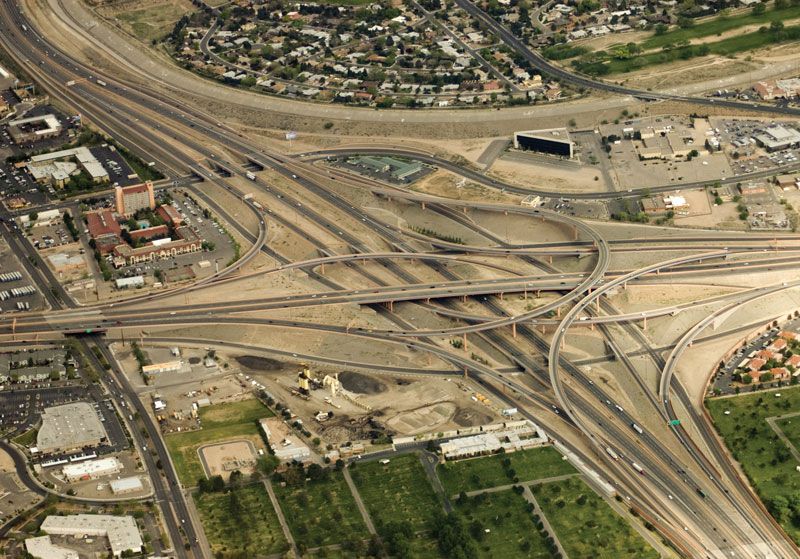The invention of transport is a pivotal chapter in the annals of human history. It revolutionized the way we live, work, and interact, effectively shrinking the world and making it more interconnected. But why was transport invented? The answer lies in the innate human desire to explore, connect, and improve efficiency. This article delves into the reasons behind the invention of transport and its evolution over time.
The Necessity for Movement
The primary reason for the invention of transport was the necessity for movement. Early humans were nomadic, constantly on the move in search of food and shelter. The invention of transport, starting with rudimentary tools like sleds and rafts, facilitated these movements, making them faster and less strenuous.
The Desire to Connect
Another key reason for the invention of transport was the desire to connect. As human societies grew and spread, the need to maintain social and economic ties became paramount. Transport systems, from animal-drawn vehicles to ships, enabled these connections, fostering trade, cultural exchange, and political alliances.
The Pursuit of Efficiency
The pursuit of efficiency was another driving force behind the invention of transport. As societies became more complex, the need for faster, more reliable, and more efficient means of transport became evident. This led to the invention of wheel-based transport, followed by mechanized transport like steam engines and internal combustion engines.
The Evolution of Transport
The evolution of transport has been a continuous process, driven by technological advancements and changing societal needs. The invention of the railway in the 19th century revolutionized land transport, making it possible to move large quantities of goods and people over long distances quickly and efficiently. The invention of the automobile and the airplane in the early 20th century further transformed transport, making personal mobility and global travel a reality.
The Future of Transport
Looking ahead, the future of transport is likely to be shaped by the twin challenges of sustainability and digitalization. The need to reduce the environmental impact of transport is driving innovations like electric vehicles and renewable fuels. At the same time, digital technologies like artificial intelligence and blockchain are set to revolutionize transport operations, making them more efficient, safe, and customer-friendly.
Conclusion
In conclusion, transport was invented out of necessity, desire, and the pursuit of efficiency. Its evolution has been a testament to human ingenuity and adaptability, transforming the way we live and interact. As we look to the future, the challenge is to continue this evolution in a way that is sustainable, inclusive, and responsive to changing societal needs.
